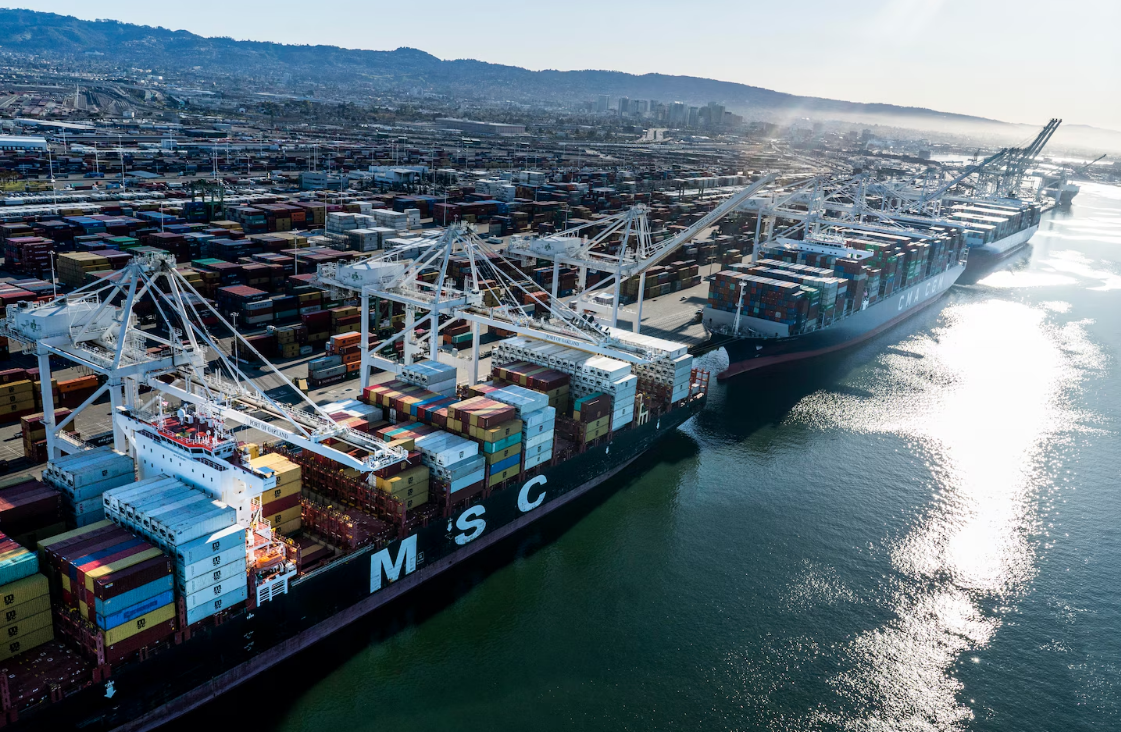‘Rhetorical overdrive’: Turnbull and Rudd warn Coalition not to play politics with China relationship
Show caption Performers at a June show to mark the 100th anniversary of the Chinese Communist Party. Malcolm Turnbull says the Australian government must distinguish between the Chinese people and the government in Beijing. Photograph: Ng Han Guan/AP China ‘Rhetorical overdrive’: Turnbull and Rudd warn Coalition not to play politics with China relationship Former prime ministers argue unnecessary attacks on Beijing could harm Chinese Australians and undermine multicultural society Daniel Hurst Foreign affairs and defence correspondent @danielhurstbne Tue 10 Aug 2021 18.30 BST Share on Facebook
Share on Twitter
Share via Email
Former Australian prime ministers Malcolm Turnbull and Kevin Rudd have urged the federal government not to ramp up rhetoric against China for domestic political purposes, arguing it could harm social cohesion.
Turnbull said he worried “that some of the political rhetoric, if played for the local rightwing media peanut gallery, can actually undermine something that is very precious, which is the success of our multicultural society”.
In a wide-ranging webinar discussion on Tuesday night, Turnbull and Rudd reflected on Australia’s deteriorating relationship with China, and the effect that could have on 1.2m Australians of Chinese heritage.
Turnbull, the Liberal prime minister from 2015 to 2018 who introduced tougher foreign interference and espionage laws, said one of the reasons language was so important was because the Communist Party of China was “very ready to say any criticism of Xi Jinping’s regime or his policies is anti-Chinese”.
He told the La Trobe University event that the Australian government must therefore make clear the “Chinese people are part of our Australian family” and any disagreements were with the government of China.
“We have got to be very careful that in the current scratchiness with the government in China, when you get criticism of China, saying ‘the Chinese are doing this, the Chinese are doing that’, [we explain] we do not have an argument with the people of China,” Turnbull said.
In March, a Lowy Institute survey of the Chinese-Australian community found nearly one in five respondents had been physically threatened or attacked in the past year because of their Chinese heritage.
Rudd, the Labor prime minister from 2007 to 2010, referenced concerns in the United States that some of the rhetoric about China had made life “dangerous on the streets for Asian Americans”.
He said part of the mission of the Asia Society – of which he is chief executive – was “to roll back the tide of a growing racism in the United States against Asian Americans”.
Asian Americans reported nearly 3,800 hate-related incidents during the pandemic, and the US president, Joe Biden, has signed legislation aimed at curtailing a rise in hate crimes.
“I don’t want to see that here,” Rudd said. He argued the prime minister, Scott Morrison, and the defence minister, Peter Dutton, had a predisposition to use “the rhetorical overdrive stick” when it came to navigating complex challenges with China.
“When you start to play domestic politics with these things and start to crank up the fear of China in the domestic Australian political debate as a tool in favour of a conservative political proposition … that’s when you take a problem which is already five out of 10 in intensity and you turn it into an eight out of 10 problem,” Rudd said.
Turnbull said he did not think comments by the home affairs secretary, Michael Pezzullo, about the rising drumbeat to war, or some of Dutton’s remarks, actually reflected government policy.
During the webinar, Turnbull contended China’s so-called wolf warrior diplomacy tactics had backfired.
He said China was richer and stronger militarily than it was five years ago, but he believed it was less influential and less trusted. He argued that “largely the people that have got to change course are in Beijing”.
Turnbull said the so-called list of 14 grievances issued by the Chinese embassy last year was “truly one of the nuttiest things I’ve ever seen” and was part of a pressure campaign including trade strikes that had failed to change Australia’s policy positions.
“This bullying exercise has failed, it’s been counterproductive, and more importantly, it is seen to have failed,” Turnbull said. “I mean, it’s getting written up in international journals, all around the world, as an example of the limits of Chinese power.”
Morrison has repeatedly said he wants a return to high-level dialogue with China, but that he won’t “trade away” Australia’s values or sovereignty. China’s officials accuse Australia of adopting a “cold war mentality” and argue the problems in the relationship are “all caused by the Australian side”.
Dutton has previously defended his commentary about not discounting the risk of war over Taiwan, saying it was “more important than ever that we have a frank and nuanced discussion with the Australian people about the threats we face”.












